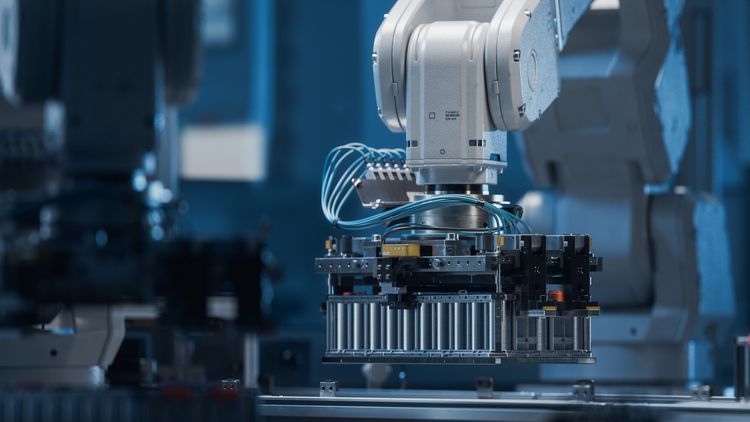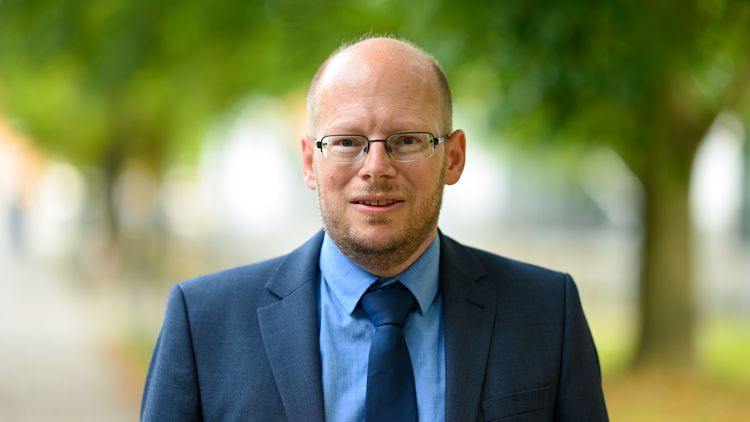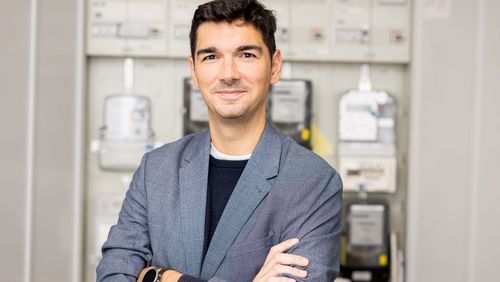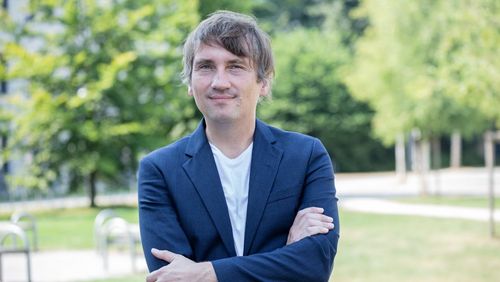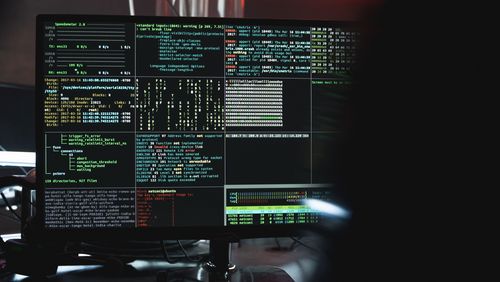Digital models of battery factories could help increase the production of lithium-ion batteries in Europe significantly in the coming years. Computer scientists from Oldenburg are involved in a major EU project.
Making European production of lithium-ion batteries more efficient and sustainable as well as giving Europe a leading position compared to other industrialised nations in this key sector – this is the goal of the recently launched EU-funded project BATTwin, in which the University of Oldenburg is also involved. The project team led by the Politecnico di Milano (Italy) plans to develop “digital twins” of battery factories – in other words, computer models that simulate the processes in a battery factory. The goal is to reduce the scrap rates and to minimise energy consumption and emissions during the production and thus making the entire battery cell manufacturing process more efficient and environmentally friendly.
BATTwin (“Flexible and scalable digital-twin platform for enhanced production efficiency and yield in battery cell production lines”) will receive funding to the tune of 6.4 million euros through the EU's Horizon Europe programme, around 630,000 euros of which will go to the University of Oldenburg. Six universities and research institutions as well as ten industrial partners across Europe are involved in the project.
The Distributed Control in Interconnected Systems research group headed by Oldenburg computer scientist Prof. Dr. Andreas Rauh will focus on investigating solutions for minimising the production of defective battery cells. The scrap rate in battery production lines currently stands at around ten percent. To reduce these rates, the research partners will develop models of the critical stages of battery cell production based on physical process knowledge and couple them with data-driven approaches in order to assess the functionality of battery production lines and predict potential errors.
A test bench will help to verify models
To this end, the models will collect and manage data on process management during production and identify variables that have an impact on quality. On the basis of these data, the scientists will be able to gradually improve the manufacturing process and optimise key control variables, not only in the design phase but also during production.
In parallel to this project, Rauh and his team will construct a lab infrastructure with which they can test the charging and discharging processes of individual battery cells on their own test bench. With this equipment, the researchers will be able to verify the efficacy their own models. These models will determine a battery's open-circuit voltage or other performance indicators and deduce its current state of health and rate of ageing from measurements taken directly during system operation.
The University of Oldenburg’s School of Computing Science, Business Administration, Economics, and Law was already involved in an important advance in battery research in 2022. As a founding member of the Upcell European Battery Manufacturing Alliance, a non-profit association with 87 partners, it is committed to creating an independent European battery industry. Upcell is a partner in the BATTwin project.

